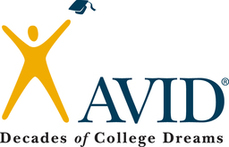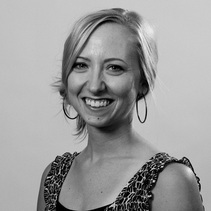
Community
(AVID) Strategies
College and Career Readiness
Although no two schools are exactly alike, I think all schools can take these three fundamental practices and make them their own for the betterment of their students.
Bekah Sieg, M.Ed. Research Assistant


